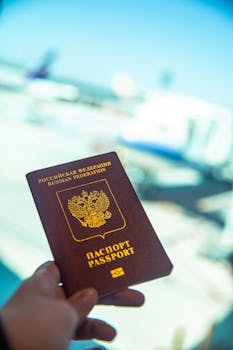The Impact of Immigration Policies on Tourism: Insights and Implications
Immigration policies play a crucial role in shaping the tourism landscape of any country. As travelers navigate the complexities of visas, entry requirements, and border controls, these policies can significantly influence their decisions to visit certain destinations. In this article, we delve into the intricate relationship between immigration policies and tourism, providing key insights and exploring the broader implications for the industry.
Understanding Immigration Policies and Their Influence on Tourism
Immigration policies encompass a range of regulations that govern the entry and stay of foreign nationals. These policies can either facilitate or hinder tourism, depending on their complexity and accessibility. By examining how these policies impact tourism, we can gain valuable insights into the dynamics of international travel.
The Role of Visa Regulations
Visa regulations are a critical component of immigration policies. Countries with streamlined visa processes often attract more tourists, as the ease of obtaining a visa can enhance the overall travel experience. Conversely, stringent visa requirements can deter potential visitors, impacting tourism revenues and the hospitality sector.
Case Studies: Immigration Policies and Tourism Trends
- Europe's Schengen Area: The Schengen Agreement allows for passport-free travel across 26 European countries, significantly boosting tourism within the region.
- Australia's Electronic Travel Authority (ETA): By implementing an electronic visa system, Australia has simplified entry for tourists, leading to increased visitor numbers.
In conclusion, immigration policies are pivotal in shaping tourism trends worldwide. As countries strive to balance security with openness, understanding the impact of these policies on tourism is essential for policymakers and industry stakeholders. By fostering traveler-friendly immigration policies, nations can enhance their appeal as tourist destinations, ultimately benefiting their economies and cultural exchanges. What are your thoughts on how immigration policies could further evolve to support global tourism?



